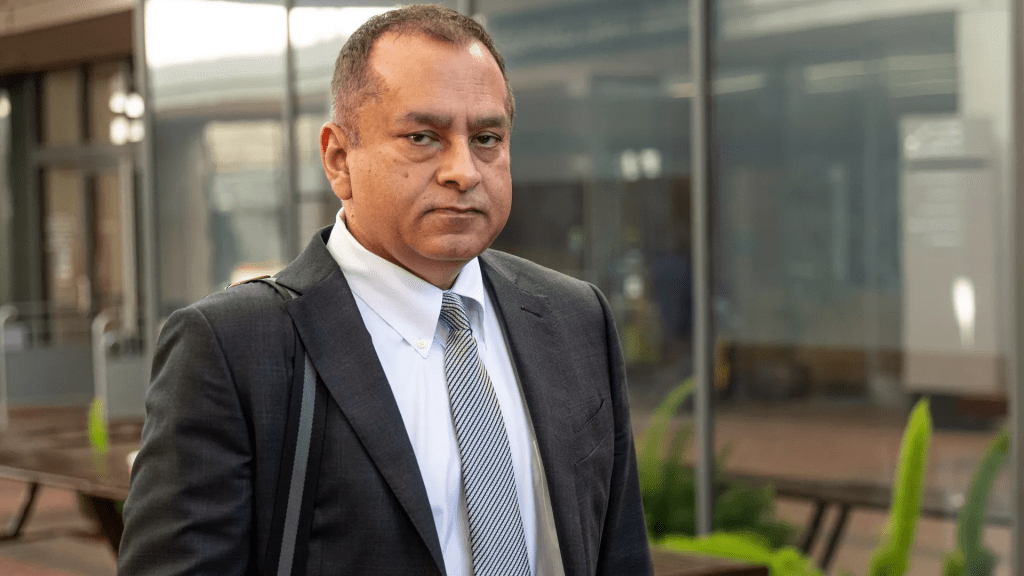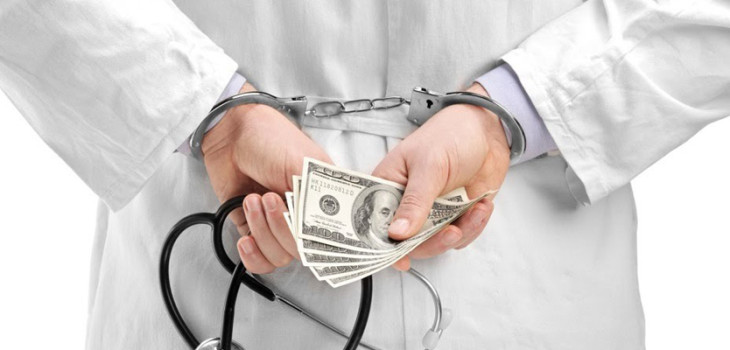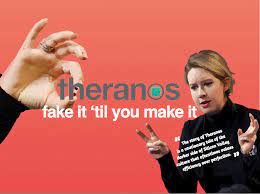https://www.beckershospitalreview.com/hospital-management-administration/resilience-dedication-conviction-hospital-ceos-write-thank-you-notes-to-staff.html?utm_medium=email

Healthcare workers have been on the front lines of the COVID-19 pandemic, providing care to ill patients and battling the public health crisis from various angles. In honor of these workers, Becker’s asked hospital and health system CEOs to share notes to their staff and team members.
Michael Apkon, MD, PhD
President and CEO
Tufts Medical Center & Floating Hospital for Children (Boston)
At Tufts Medical Center, we see some of the sickest people in Boston. Our teams routinely surround each of these patients with the extraordinary care and services they need to get well.
This pandemic is unprecedented. I know our staff are balancing the concerns that we all have for our families and friends, our own health, as well as the changes to our lives outside of work at the same time they do everything they can to provide the level of care people have come to trust from our organization. I can tell you that over my 30 years in this industry, I have not seen more dedication, innovation and willingness to help than I have during these past few months, as we fight a largely unknown enemy.
I could not be more proud of our doctors, nurses, technologists, transporters, housekeepers, cooks, public safety officers and all others who have been vital to the care of all of our patients, including those with a COVID-19 diagnosis. I know that people are coming together across our industry in nearly every city and town. Many thanks to each of our team members and to the healthcare workers around our country as well as to their families, who have had to worry day after day about their loved one on the front lines. Please know your partners, mothers, fathers, sister, brother, sons or daughters have played a critical role in saving lives, and we are doing everything we can to keep them safe.
Marna Borgstrom
CEO Yale New Haven (Conn.) Health
During these unprecedented times I welcome the opportunity to reflect on all that our staff at Yale New Haven Health are doing for each other and for our communities. We have a team of more than 27,000 hardworking and talented people to care for communities in Connecticut, New York and Rhode Island. I am truly humbled and honored to work alongside these amazing individuals.
Our staff, like healthcare workers everywhere, are being tasked in seemingly conflicting ways during this pandemic. Not only are they continuing to do their jobs by caring for the sickest patients, but they are also managing extremely challenging issues at home. Children of all ages are home from school, some need to be home-schooled. Businesses are closed, impacting many spouses and other family members. Staff worry that they may not have an adequate amount of protective equipment and supplies while at work.
But Yale New Haven Health staff are strong, they are resilient and most of all they are caring. As we do everything in our power to keep our staff safe, they are doing everything in their power to care for very ill patients in a world where new information is coming in real time and changing rapidly. We all hope and pray that this pandemic will end soon, but until it does, we are all in this together. I have never been more proud to work with this this wonderful Yale New Haven Health team.
Audrey Gregory, PhD, RN
CEO of the Detroit Medical Center
We know that the current situation around COVID-19 is unnerving, and as things continue to change rapidly every day, it can also be overwhelming.
I want to take this opportunity to thank all the front-line staff at every level in our organization and at healthcare facilities all across the country.
I also would like to say thank you to all of the providers, including residents, fellows and advanced practice providers. I recognize the commitment that you have to provide care to our patients. Not only do I want to acknowledge that, I never want to take that for granted. As healthcare workers, this is the time that we courageously stay on the front lines.
Please be safe and do your part to protect each other. If you have any flu-like symptoms such as fever, cough, sore throat, body aches or shortness of breath, please stay home. I know that as healthcare workers we have a tendency to ignore symptoms, and work through them, so that we do not let the team down. This is the time that I implore you not to do so.
Thank you for your commitment and dedication to the patients and families that depend on us during this challenging time.
R. Guy Hudson, MD
CEO of Swedish Health Services (Seattle)
As we come together to fight this unprecedented pandemic, I am continually impressed by the resilience, professionalism and dedication of our community’s healthcare workers, first responders and other providers of essential services. Without their selfless commitment to serving others, we would not be able to weather this crisis.
Though we have yet to see the full costs that COVID-19 will exact on our region, I am confident that our community will continue to come together, support each other and manage through this situation with resolve.
I am grateful to the community’s outpouring of support for healthcare providers on the front lines, including the 13,000 dedicated caregivers at Swedish. It is often in times of crisis that our humanity, resilience and compassion shine brightest.
The pandemic poses the greatest risk to the most vulnerable members of our community. There are hundreds of nonprofits and other organizations that are doing heroic work to help our neighbors who struggle with mental illness, housing instability, food insecurity and other challenges. Their efforts are more critical than ever and need our support.
In this unchartered territory, I find strength in the dedication and conviction of the caregivers I have the privilege to work alongside. Providing care to our community in a time like this is exactly why we chose careers in healthcare. In the face of this pandemic, we will continue to serve the needs of our community, and we will not waver in our commitment to our patients.
To all our Swedish caregivers: I am proud to work with you.
Alan Kaplan, MD
CEO of UW Health (Madison, Wis.)
We find ourselves in an unprecedented time. We are preparing for a global pandemic, an insidious virus, that is already at our doorstep. To do this, the physicians and staff at UW Health are adjusting every aspect of our standard service to care for those who need us now, to prevent the spread of COVID-19 and to save as many lives as possible.
Despite these dire circumstances, I remain optimistic and proud. The faculty and staff at UW Health, from our diligent technicians to our expert physicians and nurses, are all working incredibly hard to ensure we are doing everything in our power to care for the communities we serve. Your early actions and quick flexibility gave our health system the best chance to manage this crisis. I am especially impressed by the ongoing collaboration, because it shows how much we are capable of accomplishing together. This work is highly valued and deeply appreciated, both within our walls and beyond.
I know this is a trying time for everyone in our organization and so many others around the world. Much of our specialty care has been put on hold, clinics have closed, and regular schedules are nonexistent. I appreciate the long hours and commitment it takes to serve patients and the public good in a time like this. For those on the frontlines of COVID-19, know that our entire organization and our community are proud of the work you are doing.
Finally, I hope you all do what you can to stay healthy, refresh and take time for yourself and to be with loved ones however possible during this new and challenging time. Thank you for everything you do. You are a daily inspiration.
Sarah Krevans
President and CEO of Sutter Health (Sacramento, Calif.)
The healthcare profession attracts those who want to make a difference in the lives of others. They all have a higher calling and always rise to the challenges in front of them. This happens every day, but it’s very apparent during this time in our history. There is no part of our organization that is untouched by this public health emergency. And yet, our teams stand tall. They don’t back down. From front-line health workers, to food and nutrition services staff, to information services personnel — they are committed to keeping our communities safe. Words will never be able to adequately thank them for their dedication, their perseverance and their heart, but all of us across our organization are forever grateful.
Jody Lomeo
President and CEO of Kaleida Health (Buffalo, N.Y.)
As we face these historic and challenging times, it is vitally important that we come together and stick together as a community. It’s just as important that we remain unified as the Kaleida Health family.
That said, let me thank everyone for their incredible dedication and teamwork this past week.
This is an unprecedented issue for healthcare providers to have to deal with; yet the response by the organization as a whole is what we have come to expect: nothing short of remarkable and solely focused on taking care of our community.
On behalf of a grateful community, the board of directors and the Kaleida Health leadership team, we thank you all for your incredible dedication these past few weeks. I have said it numerous times this week: You are the true heroes of this pandemic. And while our way of life has been forever changed, one constant that remains the same: the outstanding work that is done by the Kaleida Health team!
A special note of gratitude goes out to all of those who have volunteered to care for COVID-19 patients within their respective hospitals and across the Kaleida Health system. We could not do this without you!
In closing, thanks again. Stay healthy, stay safe.
We remain #KaleidaStrong.
Elizabeth Nabel, MD
President of Brigham Health (Boston)
We face an unprecedented challenge — possibly the greatest we will ever experience in our careers, maybe even our lifetimes. I am inspired by the indomitable dedication, courage and innovative spirit of our medical and scientific community as we navigate through these most trying events. From providers working on the front lines of patient care to investigators racing to discover an effective treatment for COVID-19, we are surrounded by countless demonstrations of commitment, collaboration and compassion. We will get through this together and come out on the other side stronger than ever.






:max_bytes(150000):strip_icc()/GettyImages-477514725-c4271ad485734ba6b84cae22be7833cf.jpg)



